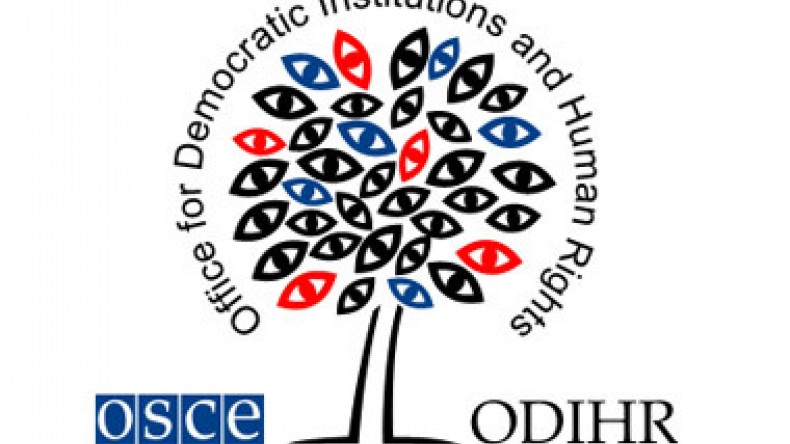
OSCE/ODIHR Election Observation Mission releases post-election interim report
The OSCE Office for Democratic Institutions and Human Rights (ODIHR) Election Observation Mission for the February 18 presidential elections in Armenia has released a post-election interim report.
The report's summary reads as follows: The Central Election Commission (CEC) on 19 February announced preliminary election results, indicating that incumbent President Serzh Sargsyan was re-elected in the first round. The second-placed candidate, Raffi Hovannisyan, disputed the results and claimed that he won the election.
Since 20 February, Mr. Hovannisyan has staged a series of protest rallies in Yerevan and several regions, which were joined by some opposition parties and politicians. The gatherings were peaceful and the authorities did not interfere, but the police stated that they are illegal and could lead to administrative liability.
There were requests for recounts and for invalidation of results of 132 Precinct Election Commissions (PECs), almost all filed by Mr. Hovannisyan. Three recount requests initiated by election commissions were upheld and revealed minor discrepancies from the original counts. All other requests were rejected on the grounds that complainants were not entitled to file them.
On 25 February, the CEC unanimously adopted the final results protocol and declared Mr. Sargsyan the winner, with 58.6 per cent of votes cast. Mr. Hovannisyan received 36.7 per cent.
An OSCE/ODIHR EOM analysis of official results shows a correlation between very high turnout and the number of votes for the incumbent. This raises concerns regarding the confidence over the integrity of the electoral process.
A limited number of complaints were filed with the election administration on election day, and over 80 after the election. Almost all were rejected. The police and the Prosecutor General investigated over 300 possible offences and initiated criminal proceedings in some 10 of them.
Some broadcast media during the post-election period showed a selective approach in their coverage of political events, with a noticeable tendency to limit views critical of the conduct of the election. A number of online media offered diverse views.
Newsfeed
Videos






























